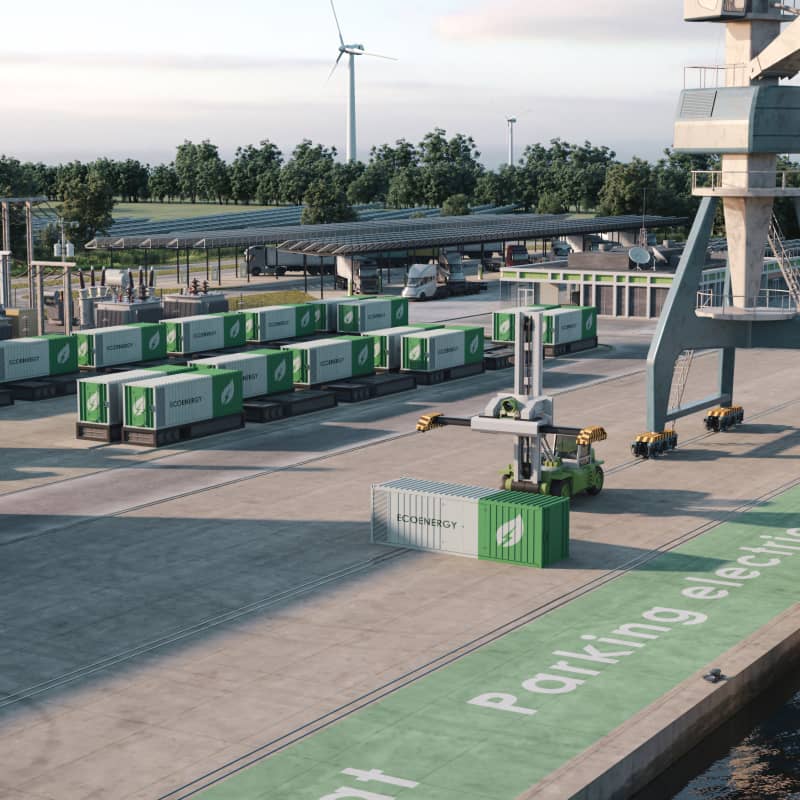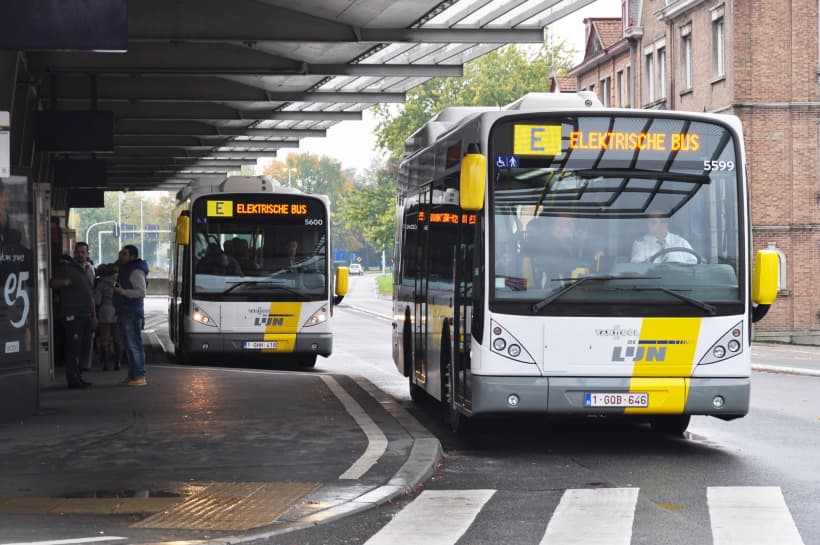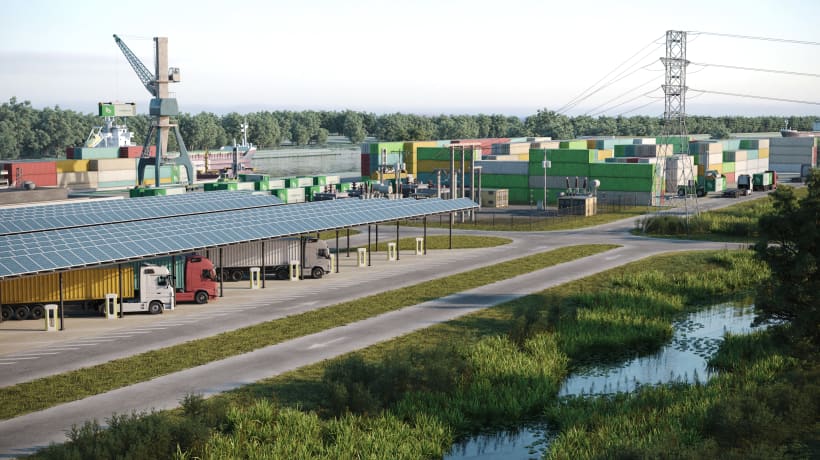Clean Power for Transport (CPT)
To fulfil climate targets, we need to make mobility greener. In doing so, we need to focus not only on making current mobility solutions greener, but also on shifting to more environmentally friendly forms of transport. Thus, the Clean Power for Transport action plan focuses on greening the vehicle fleet across all segments and rolling out the necessary infrastructure. For this, we also work together with foreign partners where possible for knowledge exchange and cross-border solutions.

Objectives
The Clean Power for Transport action plan aims to achieve the green transition in mobility based on 9 objectives:
- Stap 1
Stimulating supply and demand in the zero-emission vehicle market
- Stap 2
Investing in charging infrastructure
- Stap 3
Developing high-performance batteries
- Stap 4
Leveraging the efficiency of light electric vehicles
- Stap 5
Turning niche and corporate fleets into zero-emissions leaders
- Stap 6
Committing to battery-electric vehicles for freight transport
- Stap 7
Setting up zero-emission zones
- Stap 8
Getting support from the private sector and knowledge institutions
- Stap 9
Working with cities, towns, other regions and countries in Europe

In the period 2021-2030, the ambitions of the action plan have been scaled up:
- From 2025, city centres will be supplied emission-free;
- From 2025, public transport will run emission-free in city centres;
- From 2029, all newly sold passenger cars will be emission-free;
- By 2035 at the latest, all buses in Flanders will run emission-free.
European partnerships
Flanders is part of several European projects around green mobility. With the RH2INE and CONDOR H2 projects for example, we are working on greening inland and maritime shipping respectively. The PIONEERS project aims to develop a European master plan to enable climate-neutral shipping and other multimodal transport by 2050. Within IDACS, we laid the basis for the obligations in terms of data exchanges for AFIR, together with 15 partner countries. Within BENEFIC, we were first in the EU to coordinate a cross-border grant scheme to effectively roll out alternative fuels infrastructure in Flanders, Brussels and the Netherlands.
Help build a clean future

We are on the right track, but there is still a lot of work to do in order to make our mobility entirely green, including
around public transport and freight. We are therefore interested in cross-border projects that would allow us to address these challenges together. Equally, we want to share our own knowledge, in order to arrive at the best possible solutions internationally.